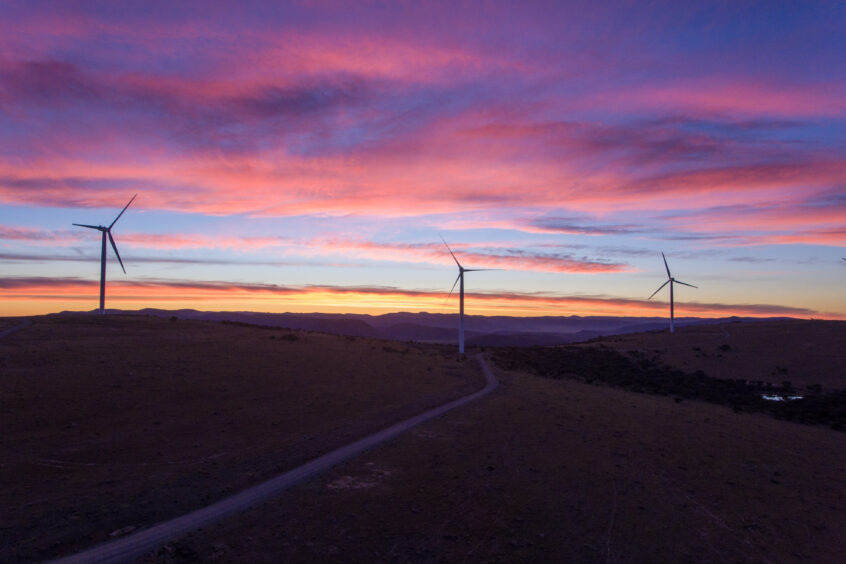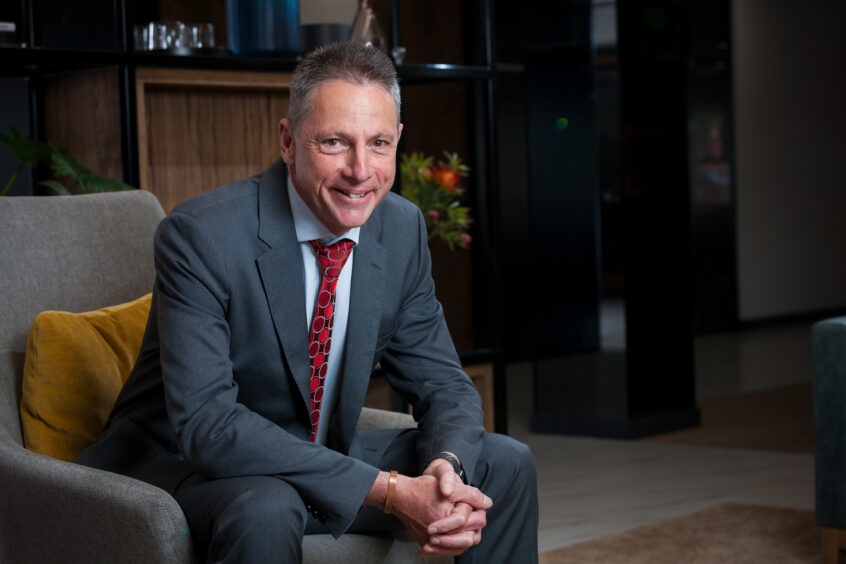
South Africa has an advantage if it can move fast to lock-in progress on the energy transition, Old Mutual Alternative Investments CEO Paul Boynton has said.
“South Africa is a posterchild for something that needs to be fixed. There’s a need to move aggressively and holistically,” Boynton told Energy Voice.
Moving quickly to tackle the issue will provide additional benefits. “There is a reward in being an early mover. South Africa doesn’t need to lead, but it needs to be close,” he said.
“If we as a country don’t move soon, we risk missing out on the future benefits – areas such as being able to be build our own resource base and being able to export skills.”
The country acknowledges a need to transition, but must balance this with various other factors, such as affordability and access. In addition, the coal sector has been a historic source of employment.
With South African unemployment at 34.4%, and youth unemployment that may be as high as 75%, the government cannot afford to make mistakes.
A failure to act, though, is also a mistake. The Old Mutual executive noted that the country currently produces around half a million cars per year, of which two thirds are exported.
“Drivers are shifting towards EVs and we’re not producing those. There’s an opportunity to shift, but there’s a need to tackle what we can produce and how we do it,” he said.
Coal roll
The country has made some clear statements in its plans to move beyond coal. Power giant Eskom “will not invest in new coal generation”, the company’s manager of energy transition Mandy Rhambharos said during a recent SAOGA webinar.
Eskom is looking to gas to manage the transition in the near term. Rhambaros acknowledged she was no fan of gas, but said it offered the critical grid stability that South Africa needed.
In the longer term, the country will move away from fossil fuels. “The government is now behind a strategy of soliciting transition capital from the market. There’s a real move to roll the coal fleet into renewables – and that’s a good plan,” Boynton continued.
Development finance is “coming in with intent and wanting to achieve outcomes”.
South Africa has recently announced awards of its Bid Window 5, to sign up 2,600 MW of power. Another similarly sized offering is due to take place by January.
While these dominate discussions, moves to reduce energy or shift to small-scale generation would provide benefits.
Boynton suggested a variable tariff to reward people feeding power to the grid at peak times. “Making changes at the individual level can play a big role,” he said. “Change can happen fast – and it can come through a combination of little changes.”
Recommended for you


 © matt stow
© matt stow